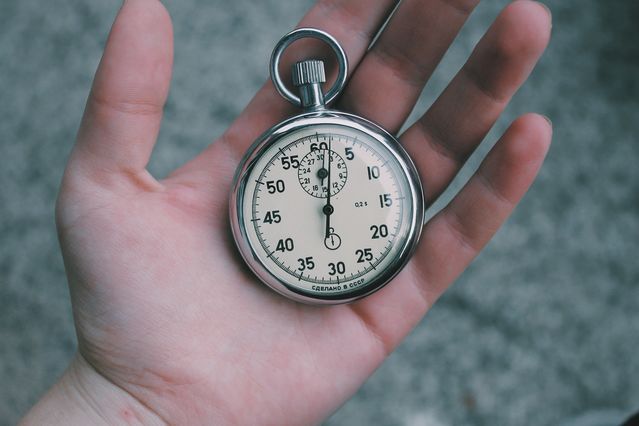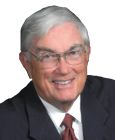Friends
Thirty Seconds
Even a brief intervention could help in the recovery of a struggling addict.
Posted February 26, 2019

James B. is a coauthor of my book The Craving Brain: Science, Spirituality, and the Road to Recovery.
The following is a description of a brief moment that had a profound impact on his recovery from addiction:
As usual, I slipped into the church building just a few minutes before the NA meeting began. There were sixty or seventy people in the room, but I managed to find a seat, making sure not to make eye contact. The last thing I needed was for someone to ask me how I was doing.
To my surprise, it was a speaker meeting. After a few preliminaries, a well-dressed man took the podium to share his story. On the surface, it seemed that William’s background could not have been more different from mine. He was black, had grown up in a housing project in Detroit, and had not done well in school. His first drug was alcohol, but he had ended up addicted to marijuana and crack cocaine.
Still, our stories had striking similarities. He had grown up without a positive male influence in his life. He had been sexually abused as a child and never recovered from the shame. Crack had helped him feel better about himself and fit in with his friends. As his craving escalated out of control, he had made one bad decision after another. He had lost his family and friends and been incarcerated. When it came time to “quit or die,” he had not been able to stop using.
I hung on his every word. Until that moment, like most addicts I had convinced myself that I was “terminally unique,” an outcast even at Twelve Step meetings. I had made too many mistakes, burned too many bridges. But here was a man telling my story, and it had a happy ending. He was not only clean but had a new family and a successful career. He spent his free time helping other addicts. Listening to him, I felt the first stirrings of hope. If he could get his life back, maybe I could, too.
After the meeting, feeling nervous and in a fog, I introduced myself to William. When I told him how much I could relate to his story, he asked me how long I had been clean.
“Two days. And I’m having a hard time.”
“What are you doing to quit?”
I gave him the rundown of the last ten months and the list of my failed efforts. “If you want to get clean, you need to try something different,” he said.
Then in clear, simple language, he told me what to do next. “Don’t use tonight. And call me in the morning.”
It was a thirty-second intervention that saved my life. Genuinely desperate for help, I could not process complex information. Because of my drug-fogged brain, I needed easy directions, delivered one step at a time. Don’t use tonight and call me in the morning. It was a sentence I could understand and something tangible I could do—if only because I had no drugs and no money to buy them.
At William’s recommendation, I joined a group heading out to a restaurant after the meeting. It was the first time I had been around people socially in months, but I felt oddly at home. The group included a carpenter, a banker, a former drug dealer, and a schoolteacher. They were Hispanic, black, and white, from different religious backgrounds and no religion at all.
They laughed a lot, seeming to respect and care for one another. When people greeted me and looked me in the eye, I found myself looking back. They didn’t seem to think that I was an alien. Instead, they acted like I was one of them. If they guessed that my life had been a complete failure—that I had no job, no money, and no friends—it didn’t seem to matter. All they cared about was that I had shown up.
Some of the group had been clean for three, ten, even twenty years. As a person who had been drinking and using for over fifteen years, that kind of clean time seemed like an eternity. Still, they had once been like me. Now they were throwing out a life preserver, and I desperately wanted to reach out and grab it. I knew deep down that I had nowhere else to turn. NA was the last house on the block.
“Keep your head up,” they seemed to be saying. “Stick around and you can do it.”
For a moment, I thought that it might be true.




